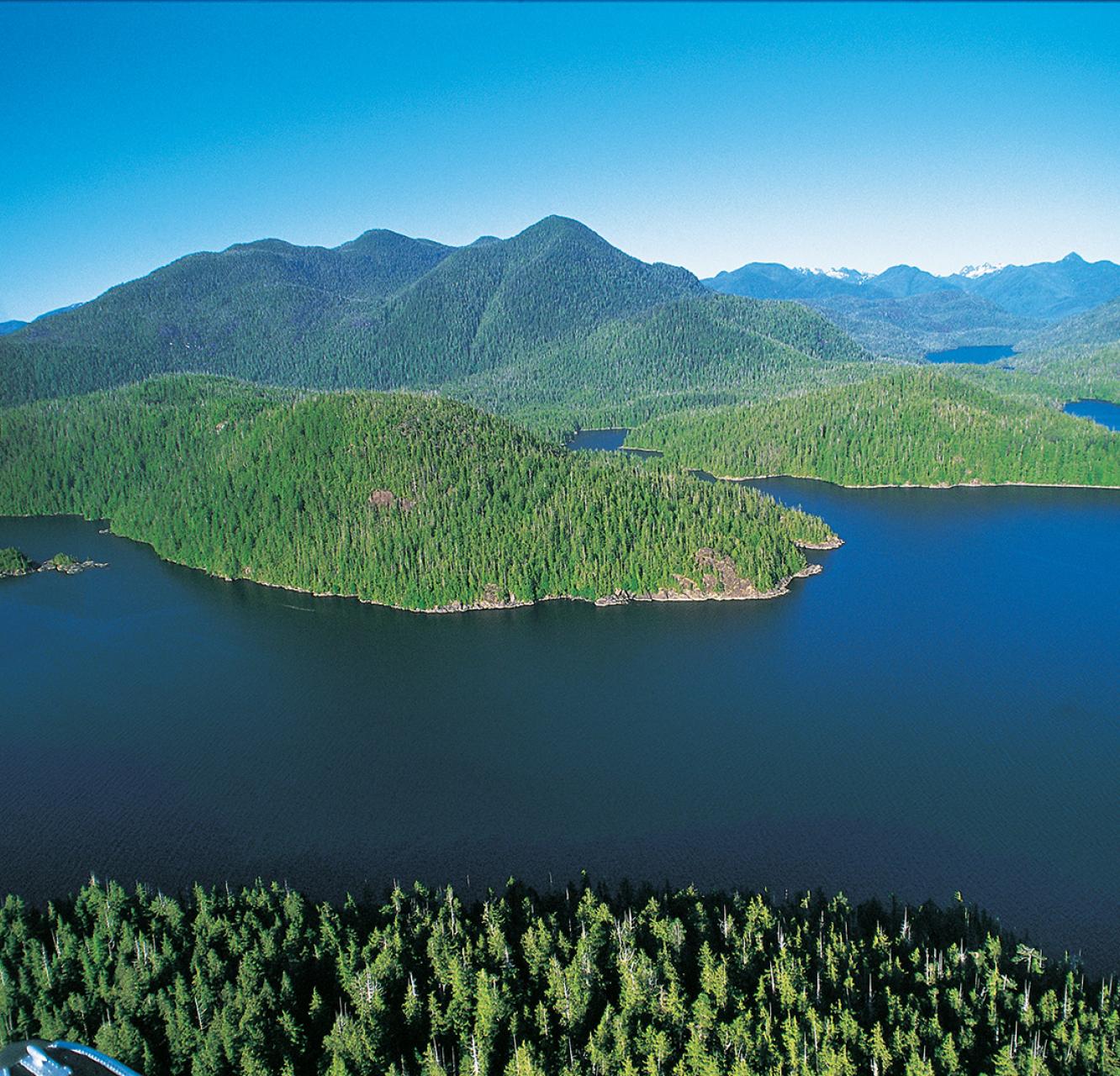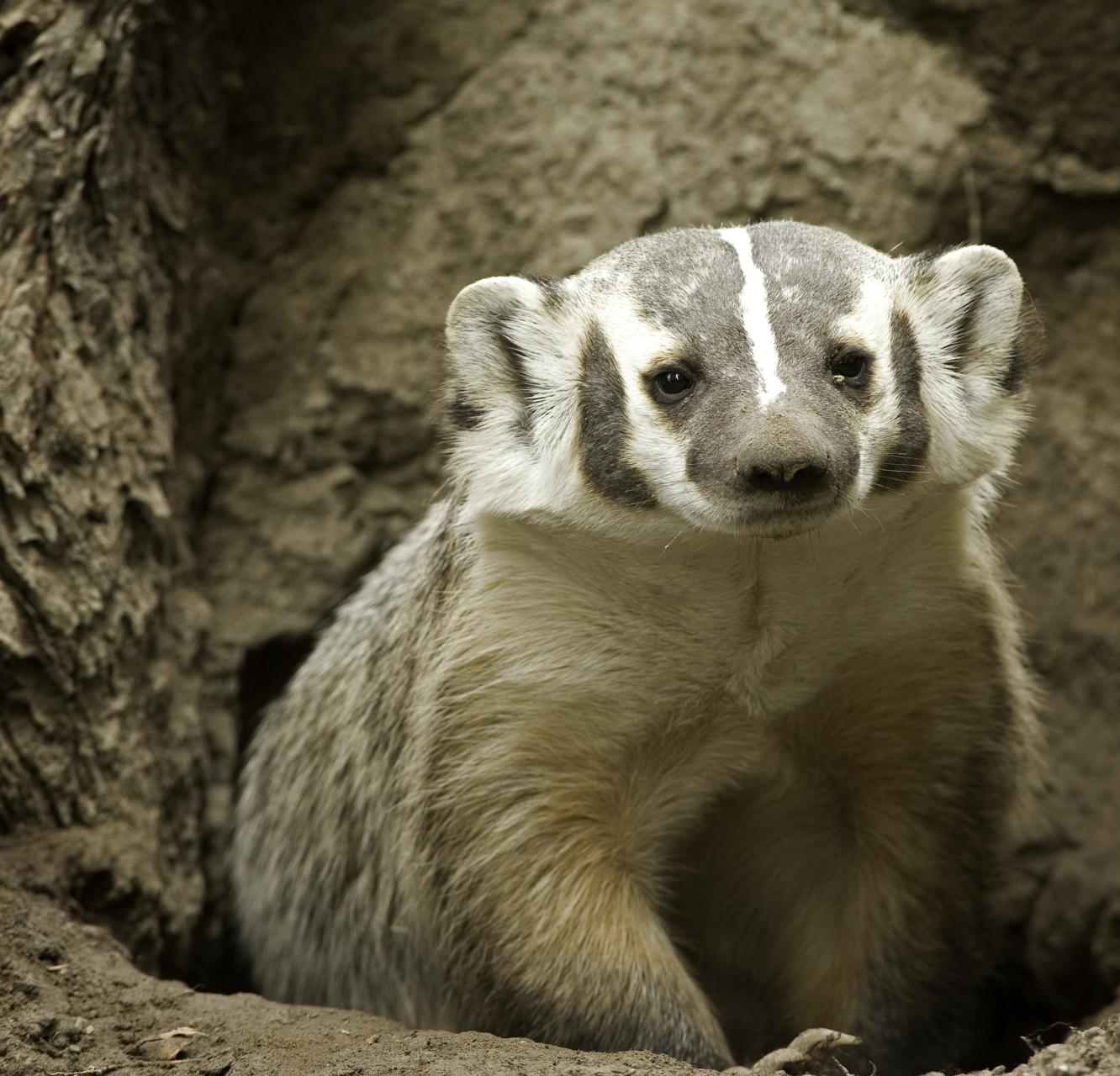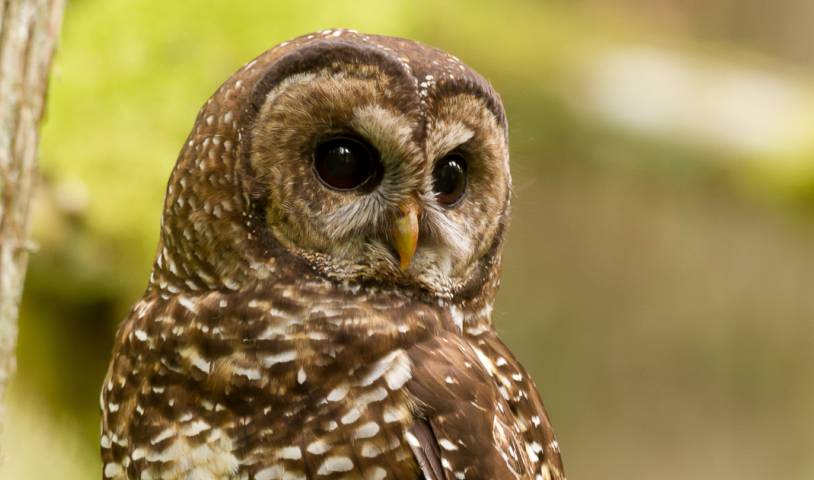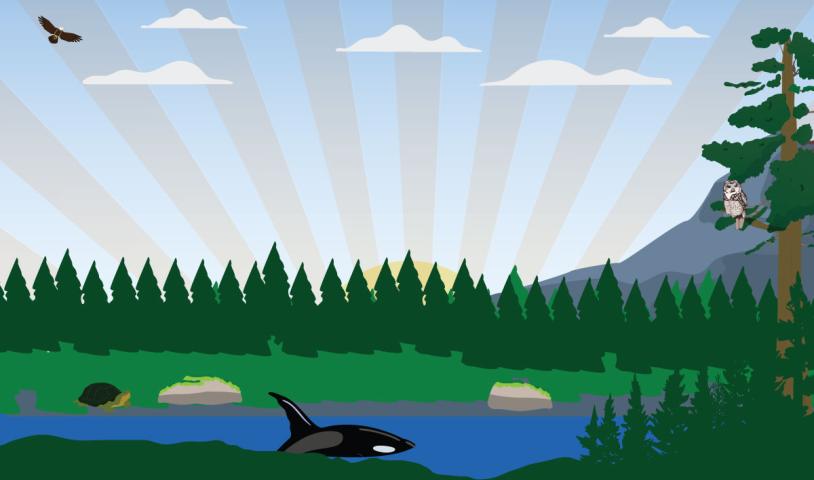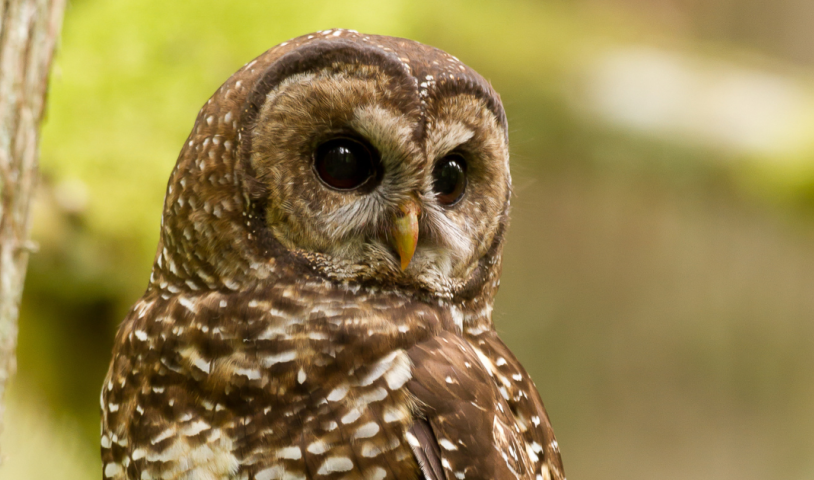BC government mismanagement of bears a systemic issue
Saturday, November 11, 2023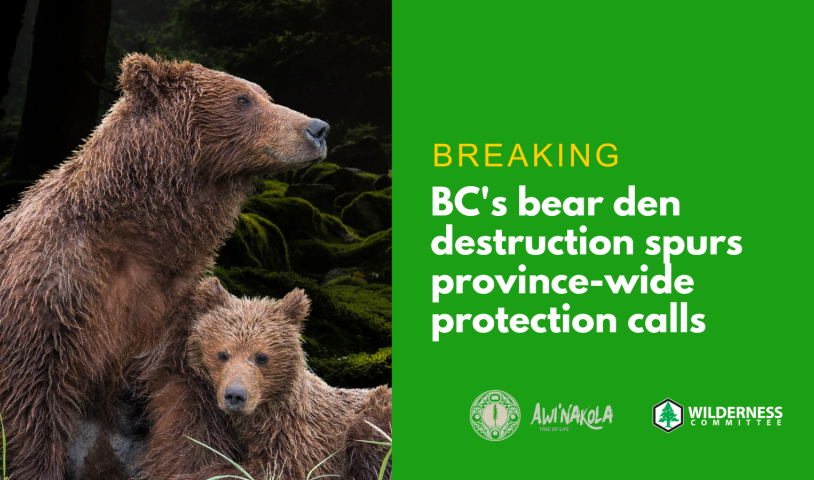

Renewed calls for province-wide bear den protections as controversial den destruction and animal cruelty continue at Site C Dam and on Vancouver Island
VANCOUVER / UNCEDED xʷməθkʷəy̓əm, Sḵwx̱wú7mesh AND səlilwətaɬ TERRITORIES — Recent discoveries of the destruction of many bear dens within the Site C Dam flood zone and bear den destruction by BC Timber Sales in Kwakwaka’wakw territory spotlights B.C.’s complete mismanagement of bears and their homes. Advocates and First Nations are calling for legislative amendments to protect bear dens across all of British Columbia, a need for an ethical code of conduct, and to pause Site C flooding so hibernating bears will not be killed or displaced from their dens.
Wilderness Committee and Awi'nakola Foundation have received copies of the fish and wildlife applications to tranquillize hibernating grizzly and black bears while they are inside their dens and attempt to relocate them to artificially created den sites. It’s a controversial practice with little evidence of success. Furthermore, additional den sites have been filled in or destroyed to prevent bears from entering their winter den sites.
"Site C is behind schedule, and rather than delay the flooding until a time that will cause less harm to wildlife, B.C. would rather tranquillize and move, and potentially drown, bears,” said Conservation and Policy Campaigner Charlotte Dawe for the Wilderness Committee. “These are the types of bizarre practices that are allowed to be used in the absence of laws to protect wildlife and their homes.”
The flood zone has 24 active bear dens that are known, and it's likely that others exist that are unknown to the government. The flood zone will be submerged with water rising as quickly as 2.5 meters per day. Research shows that flooding bear dens leads to cub mortality, a main worry the groups have for bears in dens that are unknown.
“Flooding a den occupied by a hibernating bear, or any other wildlife species, almost guarantees that the individual will suffer or die. Hibernating animals have specifically selected or created these sites to survive over winter. Bears are not designed to be roused and moved — an extremely stressful activity for the individual — to a spot that likely does not provide the same protection,” said Wildlife Biologist Helen Davis. “Chances of them remaining in an artificial structure are low in this instance, which may result in the animal dying while it tries to find a suitable natural den.”
Coastal bears are also experiencing destruction by different types of resource extraction and logging. On Vancouver Island, the two groups have also witnessed bear dens being destroyed entirely by BC Timber Sales old-growth logging in Ma’amtagila territories, where the chiefs have repeatedly called for an end to bear habitat and old-growth forest destruction.
"An echoing cry of help reverberates through the Ma'amtagila territory as the sacred sanctuaries of our beloved bears face imminent destruction. As a concerned hereditary chief, I have witnessed firsthand the devastating impact of industry and logging practices on the bear dens that once provided solace and safety to these magnificent creatures,” said Ma’amtagila, Hamatam Chief Mak’wala Rande Cook. “Urgent protection is not just a necessity; it is an obligation we owe to protect the delicate balance of our ecosystem and preserve the rich cultural heritage ingrained in these lands. Together, let us stand united in our commitment to safeguard bear dens, for in protecting them, we protect our future."
Wilderness Committee and Awi'nakola are calling on the provincial government to uphold a basic ethical animal welfare standard by halting Site C's flooding until hibernating animals like bears can avoid being drowned in their sleep. The organizations demand that the Wildlife Act amendment be re-tabled and called to vote so the practice of destroying bear dens is behind us for good.
"In the urgent call to protect bear dens, we recognize the interconnectedness of all life and our responsibility as hereditary chiefs to raise our voices not only for the safeguarding of our people but for the preservation of all living beings. Bear dens, with their profound significance in our cultural fabric, serve as sanctuaries for not only the bears but also countless other species that rely on these habitats for their survival. They are vital keystones of our ecosystem, nurturing biodiversity and maintaining its delicate balance,” said Cook. “By advocating for the protection of bear dens, we are championing the protection of our shared future, where nature and humanity coexist harmoniously. Let us embrace this duty, shoulder to shoulder, for the well-being of all life that flourishes in the embrace of these sacred spaces."
–30–
For more information, please contact:
Helen Davis, Wildlife Biologist
250 208 4212, hdavis@artemiswildlife.com
Rande Cook, Founding Director, Awi'nakola Foundation
rande@awinakola.com
Mark Worthing, Campaigns & Programs Director, Awi'nakola Foundation
mark@awinakola.com
Joe Foy, Protected Areas Campaigner, Wilderness Committee
604 880 2580, joe@wildernesscommittee.org
Torrance Coste, Associate Director, Wilderness Committee
250 516 9900, torrance@wildernesscommittee.org

